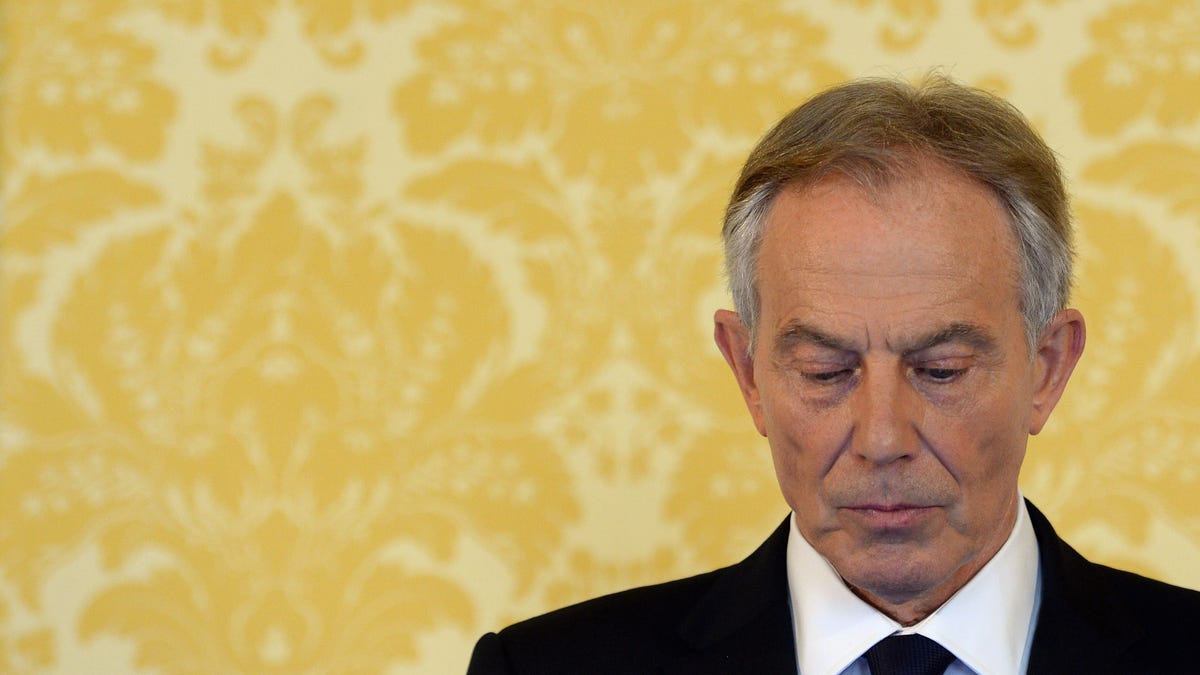Tony Blair taken to task on Twitter over Iraq inquiry
The report released Wednesday on the role the UK played in the Iraq war was dense with criticism for the former prime minister. Twitter was not impressed with his apology.

Tony Blair: "I express more sorrow, regret and apology than you may ever know or can believe."
Over the past two weeks we've seen British prime ministers past, present and future lambasted and scrutinised in the social media bear pit that is Twitter.
Wednesday was the turn of former Prime Minister Tony Blair, who was in the limelight due to the conclusion of the Chilcot Inquiry -- a years-long investigation into the role the UK played in the Iraq war.
As you might imagine of a report seven years in the making, the Iraq inquiry is an unwieldy document measuring 2.5 million words long. So enormous is it that the Guardian literally does not have enough journalists on staff to plough through it and has had to resort to crowd-reading the thing.
The first challenge for Twitter users was to bend their heads around the report without having actually read the thing (because ain't nobody who lives on the internet got time for that). Given the circumstances, they did a pretty good job.
And so to sum up: Sir John Chilcot, who led the inquiry, was crushingly critical of the decisions made by Blair to stand by US President George W. Bush in the invasion of Iraq. Blair's reasons for leading the country into war were unjustified and the operation itself was wholly inadequate, he said.
As people started to delve in a little further, what rose to the surface first was some previously classified correspondence between Bush and Blair.
The Blair-Bush special relationship has historically made the British people feel uneasy and/or queasy (see the Richard Curtis film "Love Actually" for further details). And so this declaration of unconditional military solidarity was of course the beginning of its own meme.
Then Tony Blair responded and people were waiting, waiting, waiting to see if he would apologise. It seemed like it would never come.
But then he did apologise. Sort of. Didn't he? He got emotional anyway and Twitter became an orchestra of the world's tiniest violins.
He did cheer up again, though.
And then he just wouldn't. Stop. Talking. Would he keep going as long as the Chilcot Inquiry, Twitter wondered.
Two hours later, he finally finished. There was a collective feeling of:
And also:
For the first time in a while, it seemed like maybe the UK was united over something and would together as one learn many lessons from the findings published in the Chilcot report. Shame about the timing, though.

